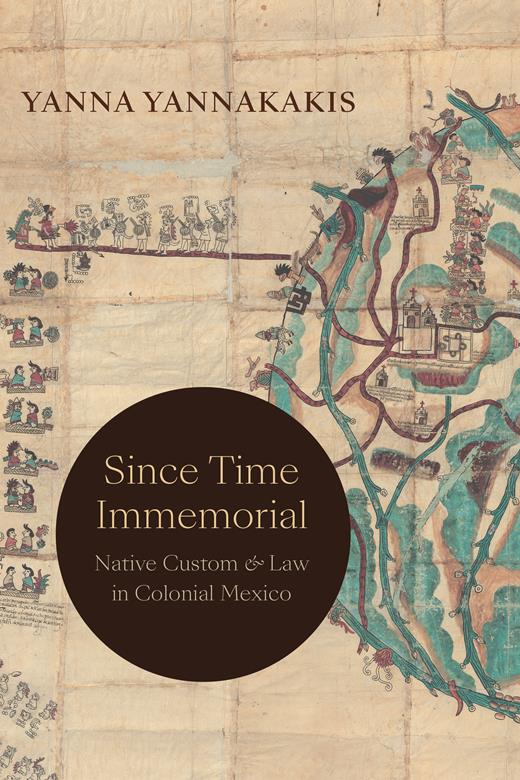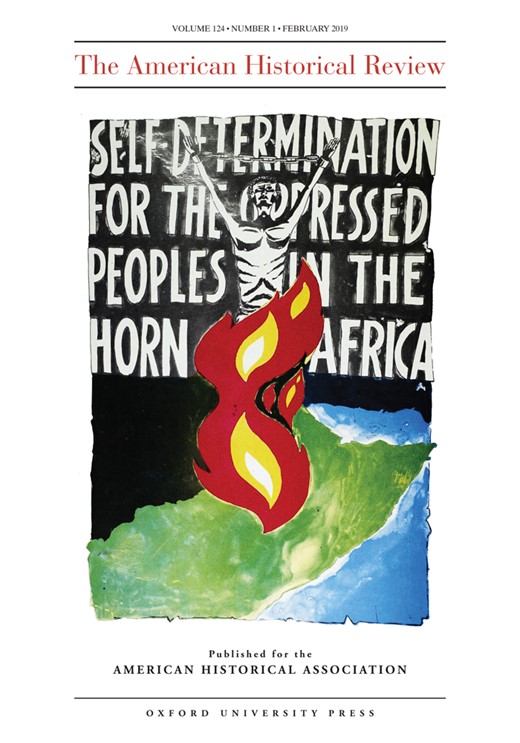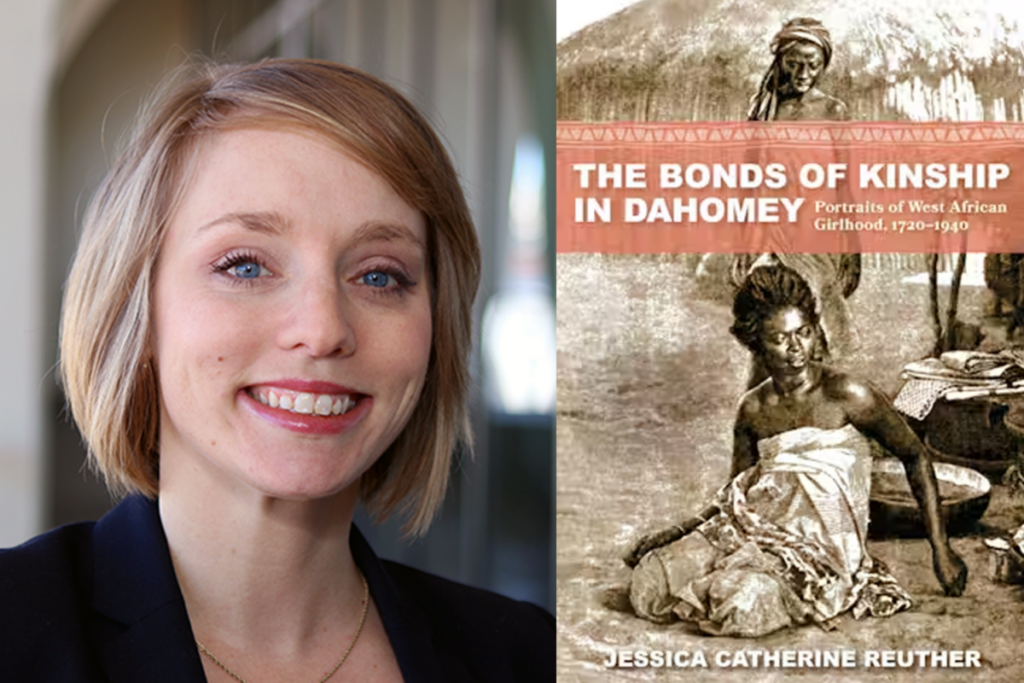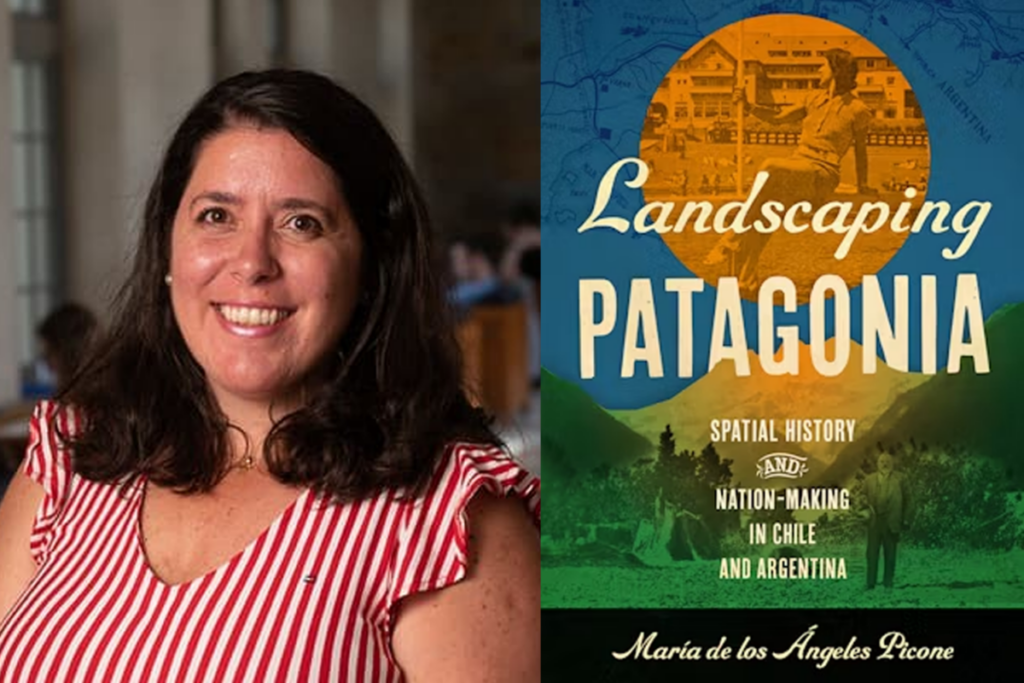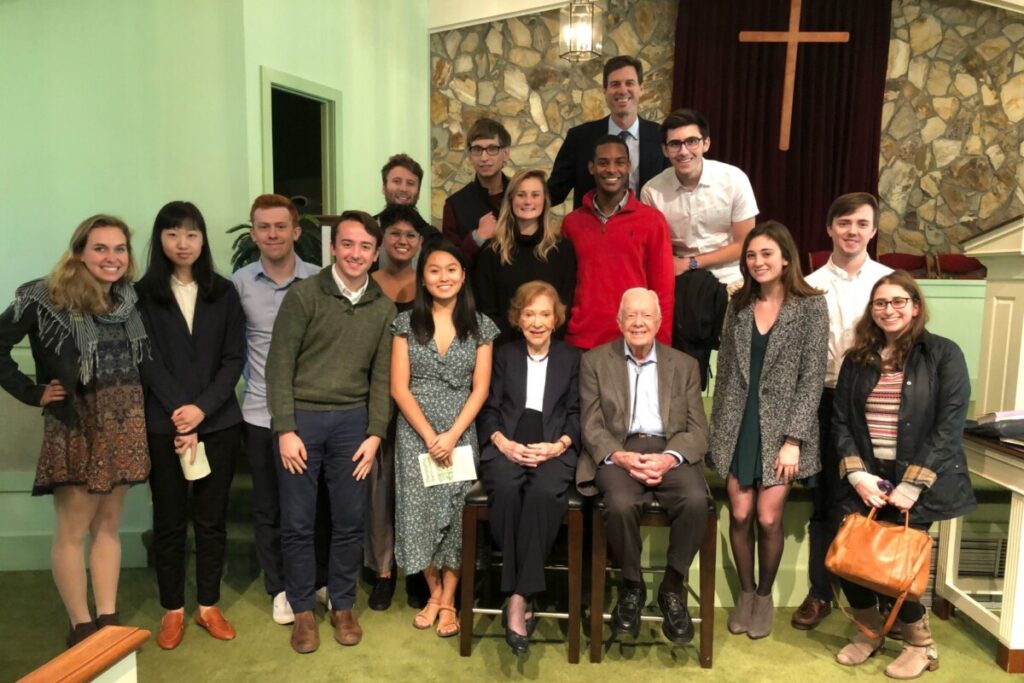
History Department faculty and students are well represented in the recently-announced 2025-26 cohort of fellows at the Fox Center for Humanistic Inquiry. Faculty and graduate fellows will conduct research intersecting with this year’s theme, Life/Story, which draws “inspiration from the many ways humanities fields and disciplines often approach a single life as the entry point for examining broad political, socio-cultural, and historical phenomena.”
Four undergraduate History students will hold Undergraduate Humanities Honors fellowships. These Fellowships support undergraduates as they complete their honors theses, introduce them to the life of the Humanities, and provide a venue for interdisciplinary interchange, mentorship, and conference-style presentation.
View short profiles of the faculty and student fellows below and follow the links to more extended biographies.

Hwisang Cho (Associated Faculty in History) specializes in the cultural, intellectual, and literary history of Korea, comparative textual media, and global written culture. His major work-in-progress is “Irresistible Fabulation: Moral Imagination and Storytelling in Korean Confucian Tradition.”

Alejandro Guardado is a 6th year PhD Candidate in the Department of History. His dissertation, “Reimagining Community: Indigenous Organizing in Mexico’s Neoliberal Turn (1968-2000),” examines how Indigenous activists developed political networks to bolster self-determination movements in the Mexican state of Oaxaca.

Leo Raykher is a senior majoring in History. His thesis, titled “Economics, Espionage, and Exile: the Surveilled life of David Drucker, esq.,” examines the life of his great, great uncle David Drucker.

Thora Jordt is a History and Art History major from Chapel Hill, North Carolina. Her project examines the artist Alexandra Exter’s contributions as a costume and set designer for theatre and film between 1915 and 1925, with a focus on the 1924 film Aelita: Queen of Mars.

Daniel Bell is a rising senior from Chicago, Illinois, double-majoring in Economics and History. His thesis project is centered around Herbert Jenkins, Atlanta’s influential twentieth-century police chief.

Eunjae Thompson is a senior studying Philosophy and Religion with a minor in History. Their honors thesis, titled “Beyond Capture: Blackened Piety & the Politics of Refusal,” will interrogate how the life-writing genre not only illuminates but draws the boundaries of the human condition.

